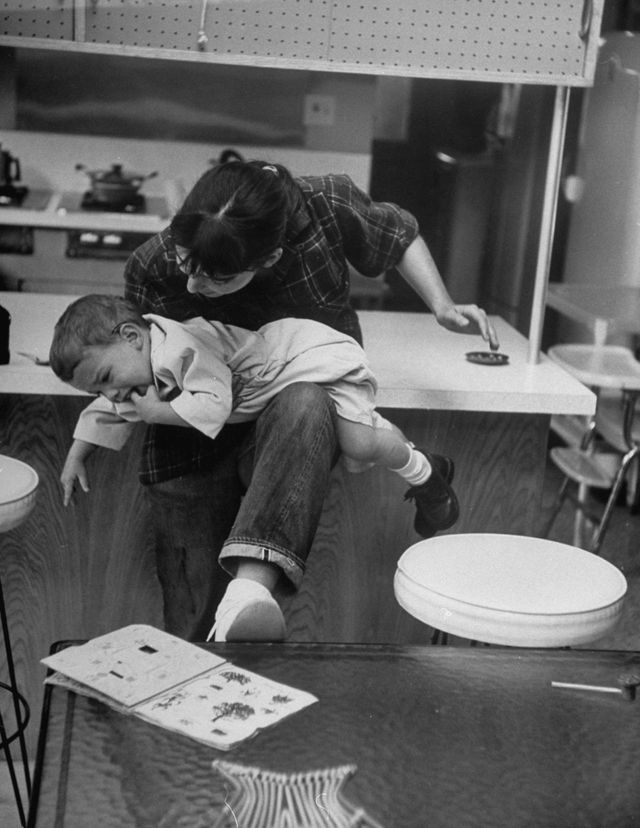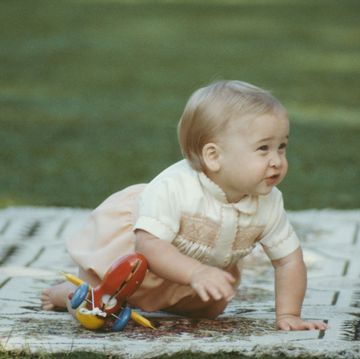"Spare the rod and spoil the child," the saying goes, but new research points to a much different conclusion. Spanking young kids can negatively impact future temperament over a decade later, according to scientists from the University of Missouri.
Even though the majority of Americans approve of spanking, data shows it's not only an ineffective way to discipline, but it actually has the opposite effect. A 2016 meta-analysis using data on over 150,000 children over a 50-year period linked corporal punishment with aggression, antisocial behavior, mental health problems, cognitive difficulties and low self-esteem, among other negative outcomes. Basically, just because your parents spanked you doesn't mean it's a good idea to spank your kids.
The most recent research, published in Developmental Psychology, came to similar conclusion but specifically looked at racially diverse, low-income families enrolled in the Early Head Start Research and Evaluation Project. While experts hadn't conducted many studies on this part of the population before, the results still came out against spanking.
Using surveys, home visits and teacher interviews, scientists found that African-American children who experienced severe punishment at 15 months of age were more likely to show increased aggressive and delinquent behaviors by fifth grade. Negative emotions like irritability predicted similar outcomes among European-American children, but both groups showed a correlation between good self-regulation and better behavior later on.
"Our findings show how parents treat their children at a young age, particularly African-American children, significantly impacts their behavior," Gustavo Carlo, Millsap Professor of Diversity at MU and director of the MU Center for Family Policy and Research, told ScienceDaily. "It is very important that parents refrain from physical punishment as it can have long-lasting impacts. If we want to nurture positive behaviors, all parents should teach a child how to regulate their behaviors early."
While spanking won't help, productive disciplining can teach kids those valuable lessons. Focus on establishing clear rules and creating a strong parent-child connection instead, advises psychologist Dr. Vanessa Lapointe, author of Discipline Without Damage. "Our job is to make sure that the regulatory part of that child's brain is soothed, settled and calm," she explains. "Then, reach in with a moment of expectation-setting for the next time around — and move along."
That simple strategy can not only soothe temper tantrums in the moment, but also set up kids for better behavior in the long run.
[h/t ScienceDaily]













